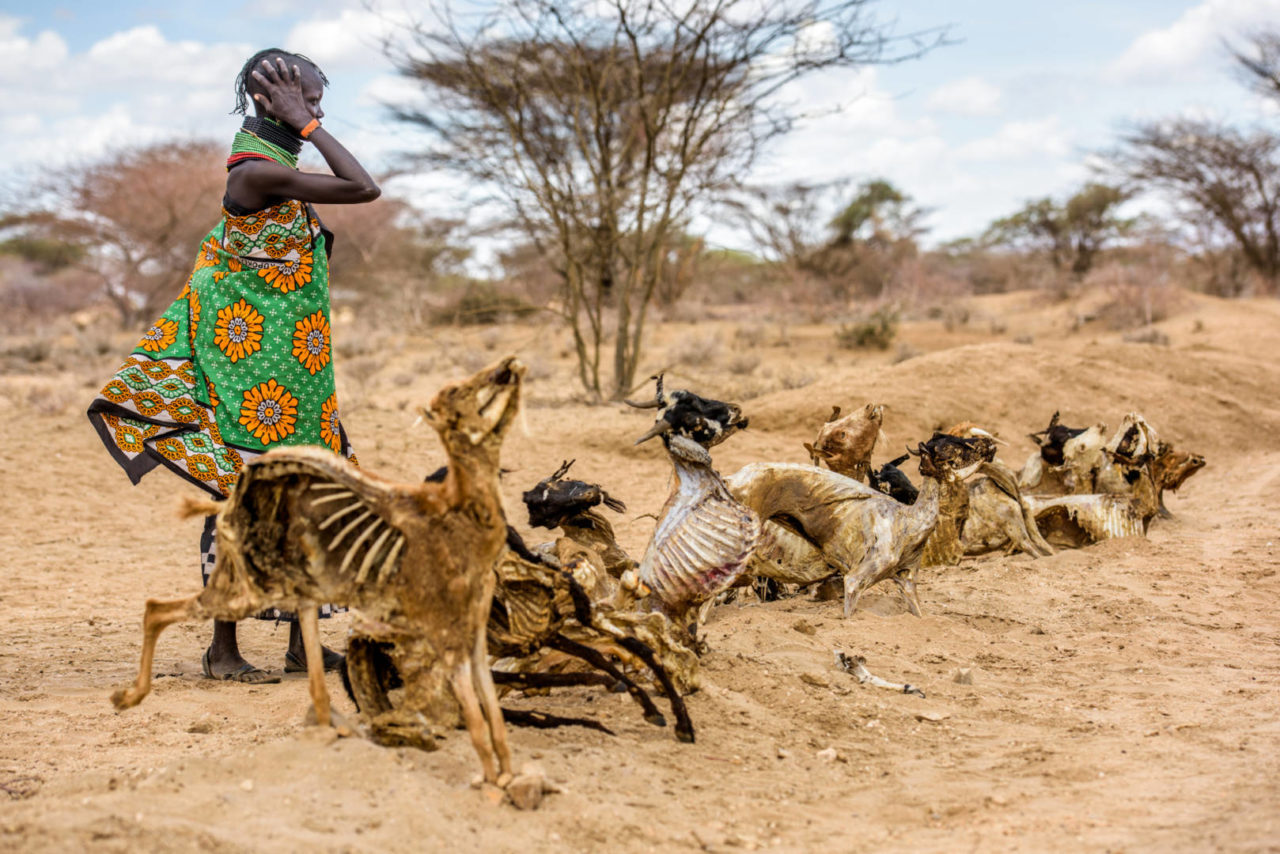
Marginalised communities in Kenya feel neglected or inequitably allocated the resources,now they have teamed up to demand the release of Ksh28.3 billion that the National Treasury has withheld over the years “due to lack of legal framework for disbursement.”
The counties under the umbrella Frontier Counties Development Council (FCDC), which brings together Lamu, Tana River, Garissa, Wajir, Mandera, Marsabit, Isiolo, Turkana and West Pokot, say the Treasury has been in contravention since 2010 by withholding their share of Equalisation Fund.
In a letter to Cabinet Secretary Henry Rotich through its lawyers, FCDC says the Treasury has failed and neglected to pay one half percent of all revenue collected each year into the Equalisation Fund as required in Article 204 of the Constitution, thereby denying them their full share.

“The National Treasury has failed to administer the fund in accordance with Article 204 and sabotaged the Fund by establishing an unwieldy and unworkable implementation framework,” says FCDC.
It further argues that Treasury erred in cutting down Equalisation Fund allocation by Sh4.678 billion in the 2018/2019 supplementary budget. It wants this reversed and given to them in addition to the pending payments from previous years.
‘We demand that the National Treasury do appropriate and disburse the difference in the sum between its purported figures and the true entitlement sum being Sh28.3 billion to the marginalised areas,” says FDCC.

The body says Treasury should ensure that Equalisation Fund receives its full entitlement since 2010 to the current financial year, a sum it says adds to Sh45.3 billion.

According to its figures, between 2010 to 2018/2019 financial year, Sh9.06 trillion has been collected as revenue and 0.5 per cent of that ought to have been allocated to the Fund.
Regulations guiding the use of the fund, prepared by the Treasury, dictate that the money be spent by ministries that manage roads, water, health and electricity.